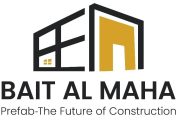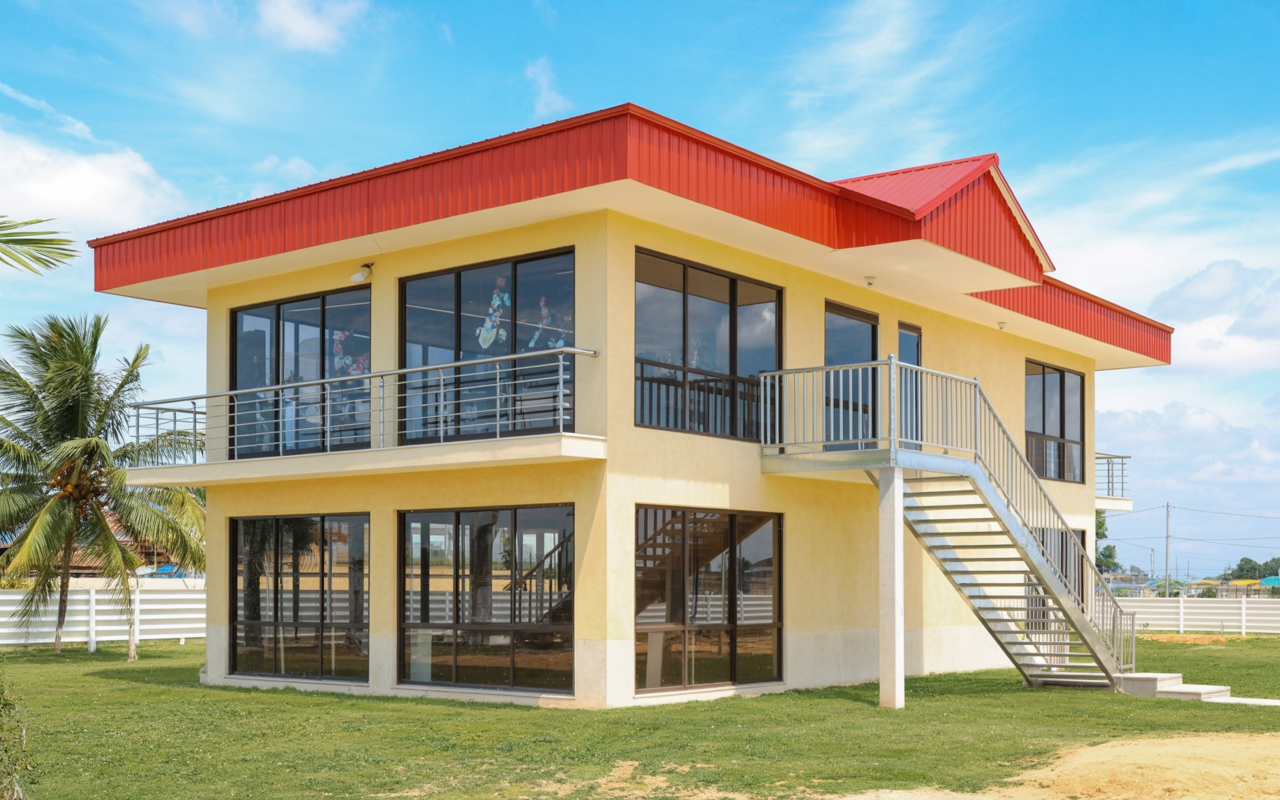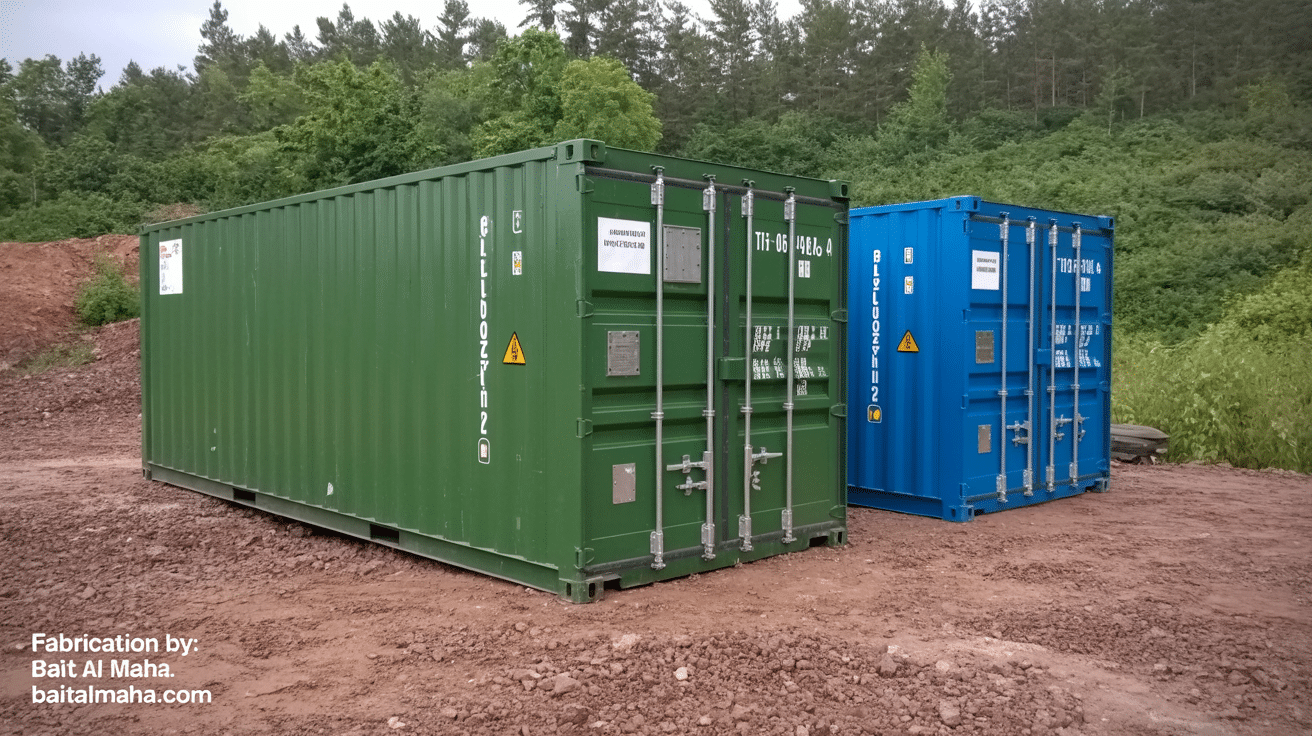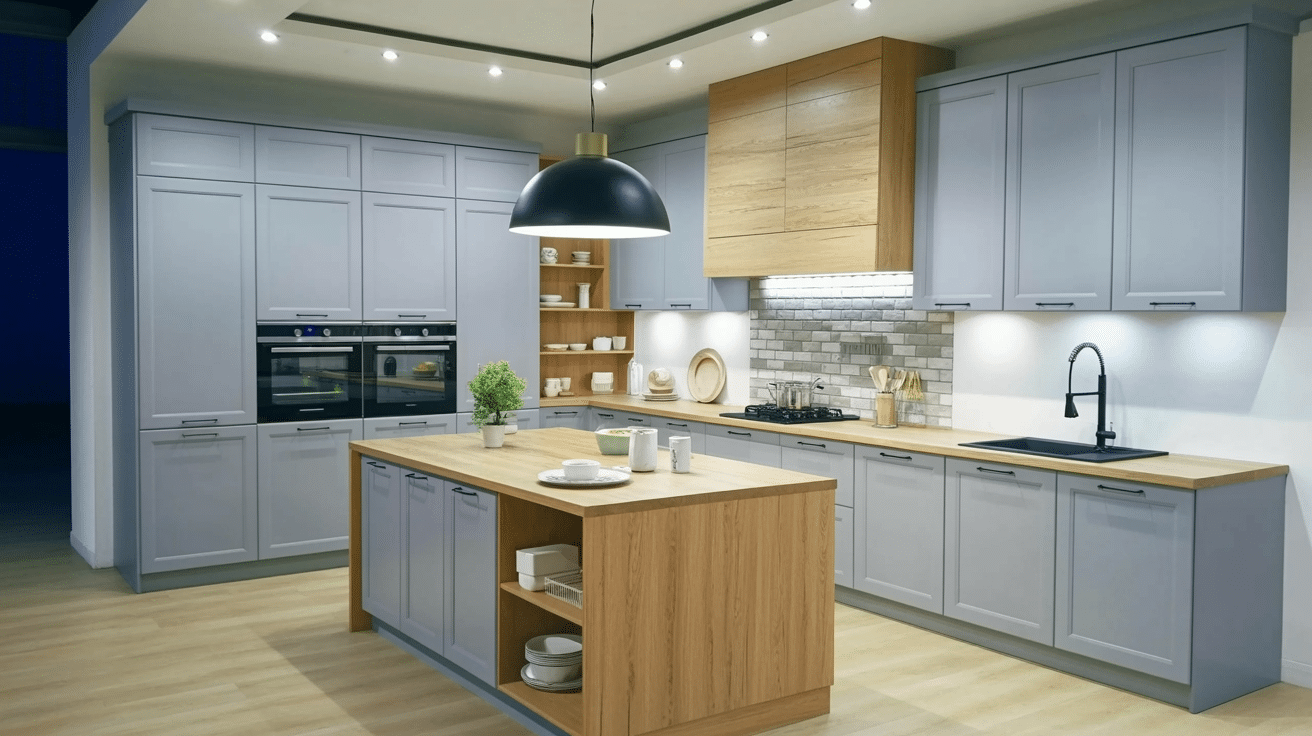In the fast-paced world of Dubai, where skyscrapers rise overnight and innovation drives every sector, prefabricated houses are emerging as a game-changer in residential construction. These homes, built off-site in controlled factory environments and assembled on location, offer a blend of efficiency, sustainability, and style that aligns perfectly with the city’s dynamic lifestyle. As Dubai continues to expand with ambitious projects like Dubai South and sustainable communities, prefab houses are gaining traction for their ability to meet the demands of rapid urbanization while minimizing environmental impact.
What Are Prefabricated Houses?
Prefabricated houses, often referred to as prefab or modular homes, involve constructing building components in a factory setting before transporting them to the site for assembly. This method contrasts with traditional on-site construction, where everything is built from the ground up. In Dubai, prefab solutions range from compact cabins and container conversions to luxurious villas, utilizing materials like steel structures, aluminum sandwich panels, and eco-friendly composites. Companies like Bait Al Maha specialize in these high-quality prefabricated units, ensuring durability and modern design tailored to the region’s needs.
Key Advantages of Prefabricated Houses in Dubai
Dubai’s construction sector is booming, with trends pointing toward faster, more cost-effective methods. Prefabricated houses stand out for several reasons:
1. Speed of Construction
One of the primary benefits is the reduced construction time. Traditional homes can take months or even years to complete, but prefab houses can be assembled in weeks. This is particularly advantageous in Dubai, where projects often face tight deadlines due to the city’s rapid development. For instance, modular construction can shorten timelines significantly, aligning with the UAE’s push for efficient building practices.
2. Cost Efficiency
Prefab homes are generally more affordable, thanks to factory-controlled production that minimizes waste and labor costs. In a high-cost market like Dubai, this translates to substantial savings without compromising quality. Market reports highlight cost predictability as a key driver, especially for residential projects where budgets are a concern. Additionally, the use of optimized processes allows for affordable excellence, making these homes accessible to a wider audience.
3. Sustainability and Environmental Benefits
Dubai’s commitment to sustainability, as seen in initiatives like the Dubai Clean Energy Strategy 2050, makes prefab houses an ideal fit. These structures produce less waste, use energy-efficient materials, and can incorporate features like solar panels and low-energy insulation. The environmental advantages include lower carbon footprints and climate resilience, which are crucial in the UAE’s arid conditions. Trends in 2025 show a growing emphasis on eco-friendly modular homes, with the prefab wood buildings market expected to expand at a steady rate.
4. Customization and Versatility
Contrary to common misconceptions, prefab houses offer extensive customization. From modular cabins for temporary housing to full-scale villas, options abound. In Dubai, where luxury and personalization are key, companies provide over 40 modules and hundreds of components for tailored designs. This versatility extends to commercial and industrial uses, but for residential purposes, it means creating dream homes that suit individual tastes.
5. Durability in Harsh Climates
Dubai’s extreme heat and sandstorms demand robust building materials. Prefab houses, built with superior craftsmanship and weather-resistant elements like steel and insulated panels, excel in these conditions. Container homes, a popular prefab variant, offer additional benefits such as mobility and strength, making them a stylish choice for UAE residents.
Trends Shaping Prefabricated Houses in Dubai for 2025
Looking ahead, 2025 promises exciting developments in the UAE’s prefab sector. The market for manufactured homes is set to grow due to affordability and quick assembly, supporting affordable housing initiatives. Modular construction trends emphasize innovation, with customizable designs and minimal waste revolutionizing the industry. In the GCC region, single-family prefab housing is on the rise, driven by faster construction and lower costs. Dubai’s villa construction companies are integrating smart technologies, further enhancing prefab appeal.
Leading suppliers in the UAE, including Bait Al Maha, are at the forefront, offering durable, eco-friendly solutions with expert support. Other notable players like Bait Al Jazeera and Golden Falcon Prefab are also contributing to the trend, focusing on quick, cost-effective housing.
Potential Drawbacks to Consider
While the pros are compelling, prefab houses aren’t without challenges. Initial transportation costs can add up, and site preparation is still required. Design limitations may exist for highly complex architectures, though advancements are addressing this. In Dubai, ensuring compliance with local regulations is essential, but reputable providers handle this seamlessly.
Why Choose Bait Al Maha for Your Prefab House in Dubai?
At Bait Al Maha, we pride ourselves on delivering precision-engineered prefab solutions that combine efficiency with elegance. Our range includes prefab buildings, containerized units, and custom conversions, all backed by services like transportation, repairs, and logistics. Whether you’re seeking a sustainable family home or a modern retreat, our team ensures uncompromising quality and dedicated support. Contact us at 058 127 0978 to explore how we can bring your vision to life in Dubai’s vibrant landscape.
In conclusion, prefabricated houses represent the future of housing in Dubai—efficient, sustainable, and adaptable. As the city evolves, embracing these innovative builds not only saves time and money but also contributes to a greener tomorrow. If you’re ready to step into modern living, prefab is the way forward.




